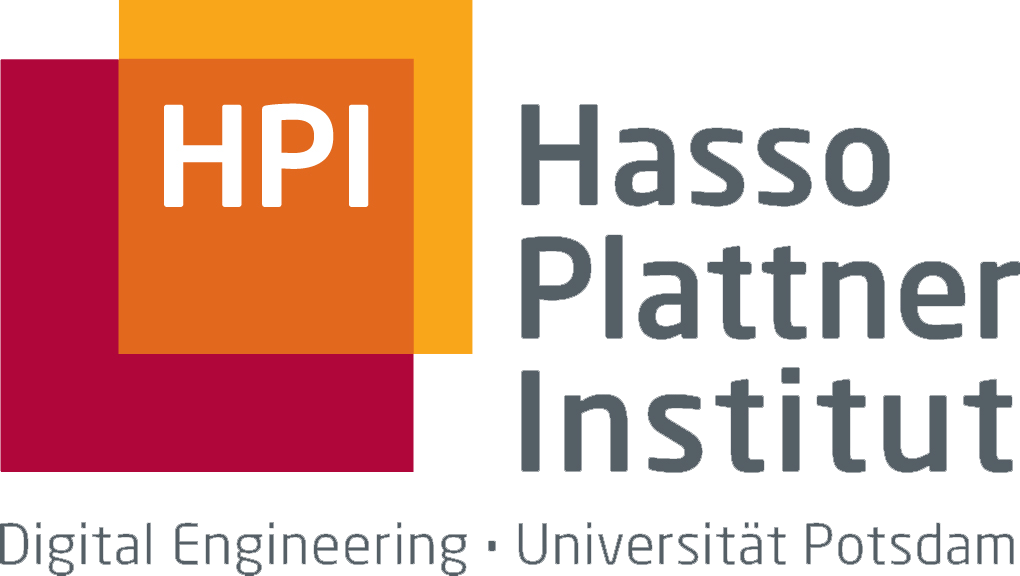
Hasso Plattner Institute for Digital Engineering gGmbH at the University of Potsdam
The Hasso Plattner Institute for Digital Engineering gGmbH (HPI), Potsdam, Germany is part of the Digital Engineering Faculty of the University of Potsdam, Germany with international subsidiaries. It was established in 1998 focusing on the education of students in digital engineering. Dr. Schapranow of the HPI is coordinating the international NephroCAGE consortium.
At the HPI, the innovative in-memory database (IMDB) technology has been researched since 2006. The IMDB technology enables for the first time a completely new way of analyzing big data. Its initial focus was on improving the processing and analysis of enterprise data. Since 2009, the internationally awarded IMDB technology has also applied to further fields research, e.g. to support oncologists in the treatment of cancer patients.
Latest research of Dr. Schapranow’s group focuses on applying in-memory technology to scientific data management for digital health. An example is the Medical Knowledge Cockpit: an app engineered together with oncologists, which incorporates patient specifics to retrieve medical knowledge from distributed data sources to derive treatment recommendations. Amongst others, it provides access to clinical guidelines, genome data annotations, publications, as well as analysis of similar patient cases. Furthermore, Schapranow is currently leading the BMBF-funded programs “HiGHmed Medical Informatics Consortium” as well as other national and European-funded projects at HPI with biomedical expertise.
NephroCAGE Consortium Leader and
Principal Investigator at Partner HPI
Matthieu-P. Schapranow
Dr. Schapranow is HPI is coordinator of the German-Canadian Consortium on AI for Improved Kidney Transplantation Outcome (NephroCAGE). Furthermore, he is principal investigator of the HPI site within the consortium. Amongst others, HPI is contributing to the design of the NephroCAGE federated learning infrastructure, the definition of the NephroCAGE data sets, the definition of Clinical Prediction Models (CPMs) for selected clinical endpoints incorporating transplant data from nephrology centers, and the evaluation of CPMs together with clinical experts.

